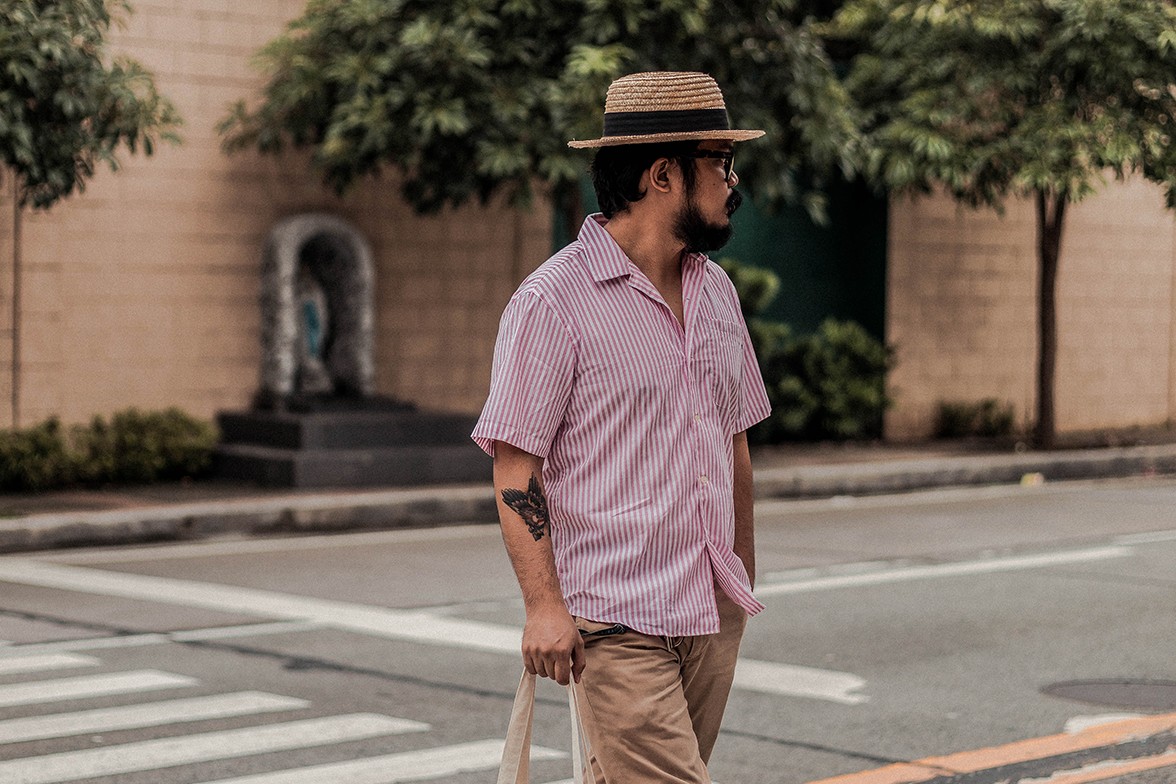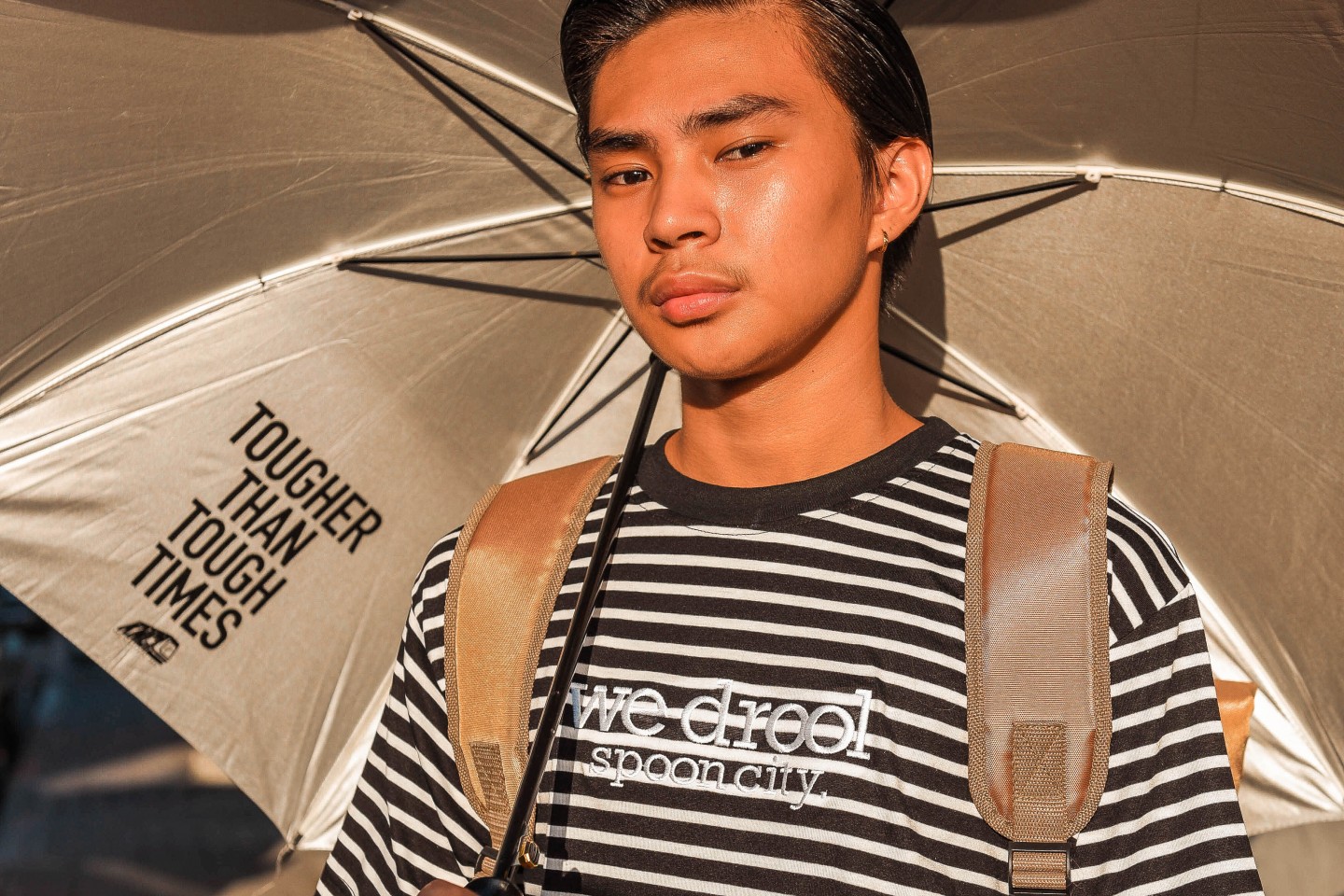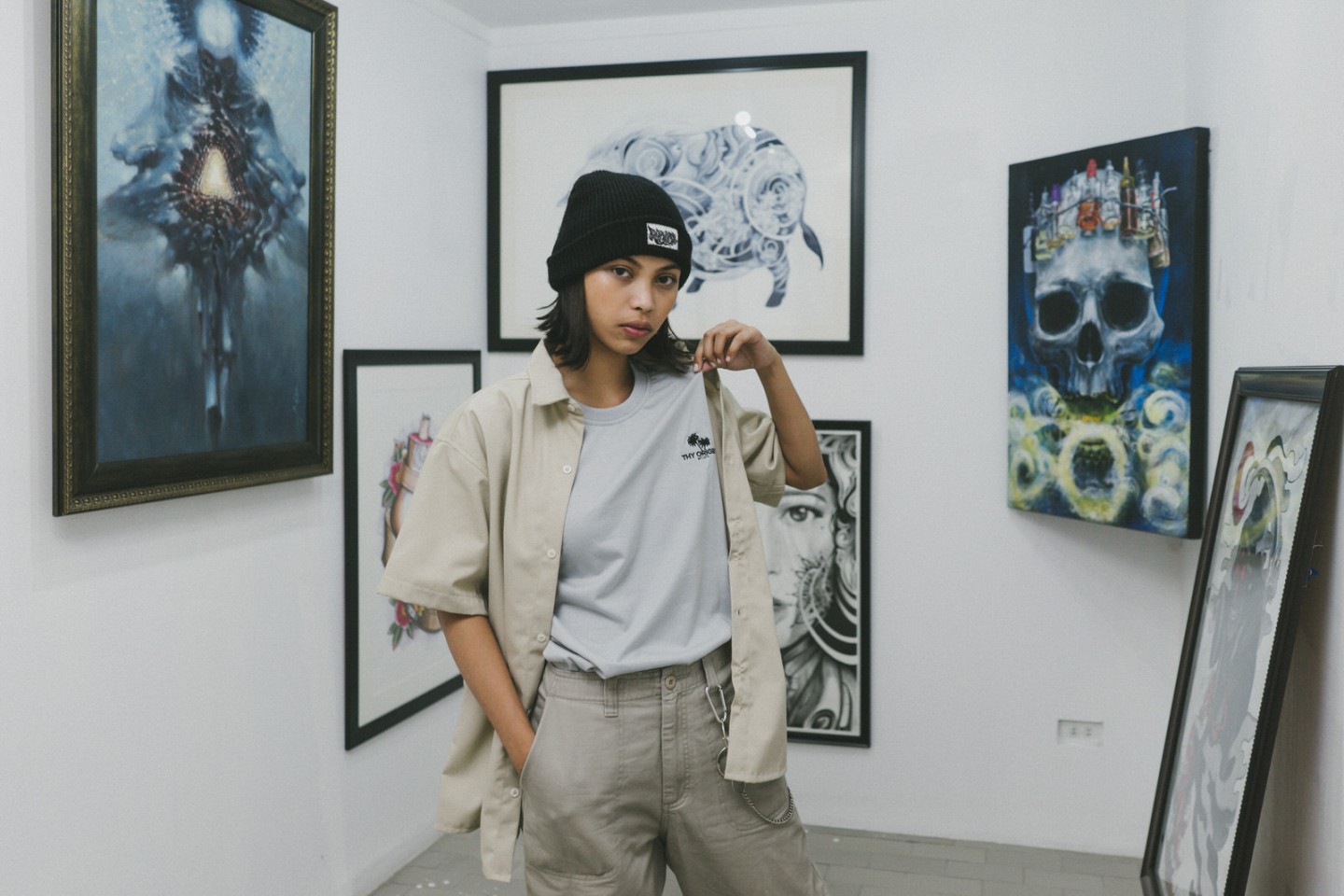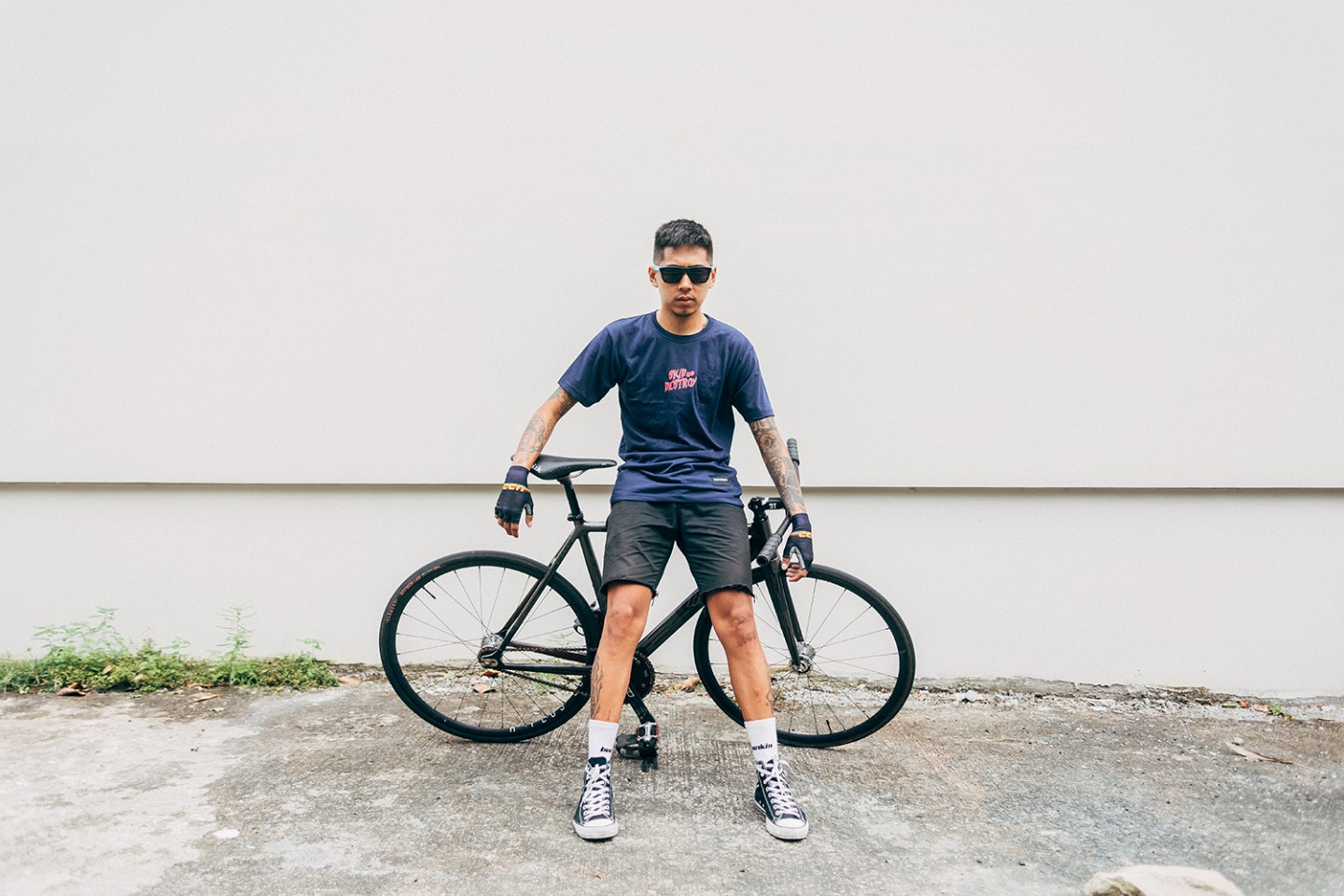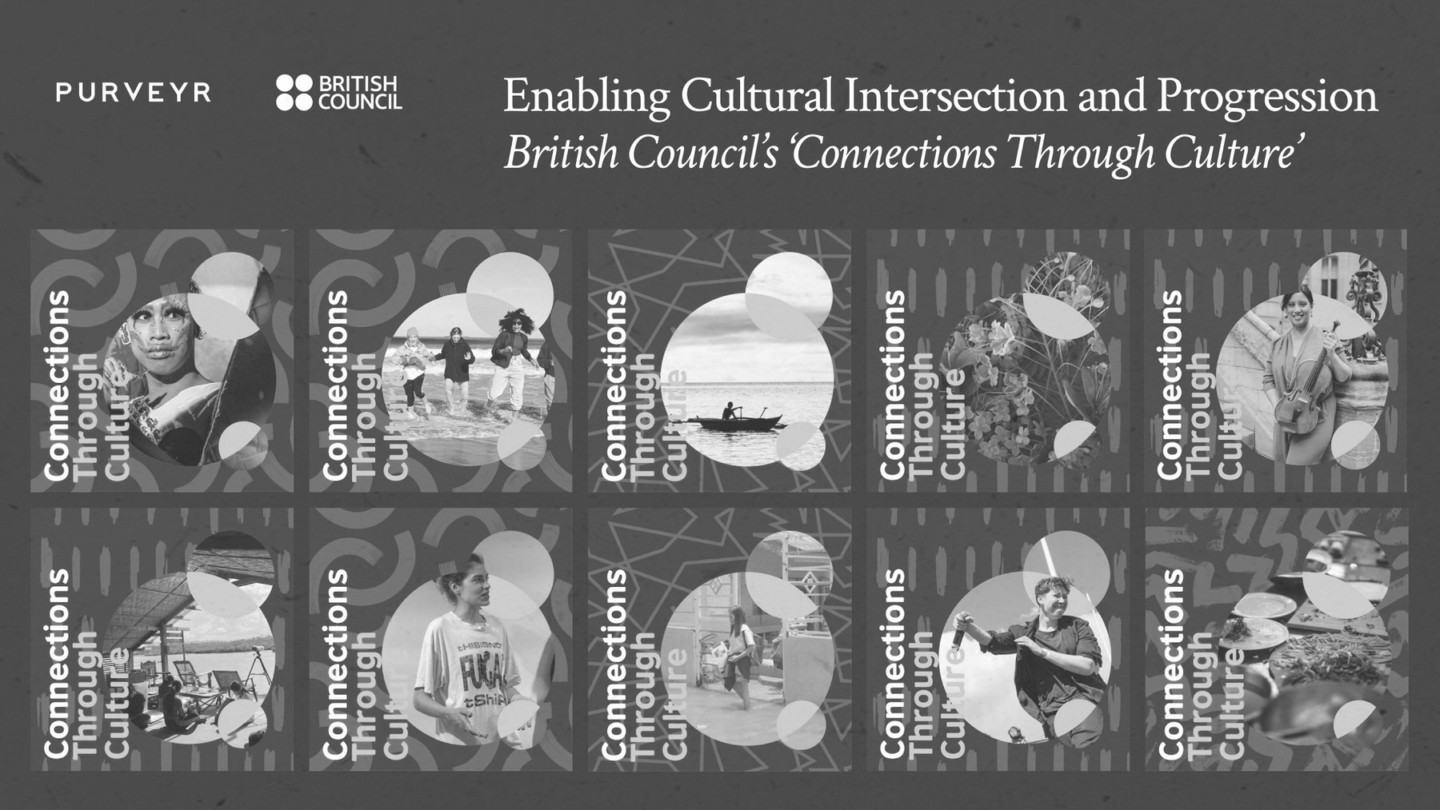
Culture is found in the people, in the surroundings, and in the stories woven through the interactions of both habitat and inhabitant. Connections through Culture, an initiative by the British Council in the Philippines, provided grants to facilitate opportunities for tackling issues such as climate realities, fishing practices, queer identity, and access to music, among others to ten projects that highlight seamless collaborations between artists and creatives in the UK and the Philippines.
Each of the grantees is a tandem work that integrates diverse perspectives from both the UK and Philippines, a testament to the demanding spirit of cooperation in aaddressing issues we face today.
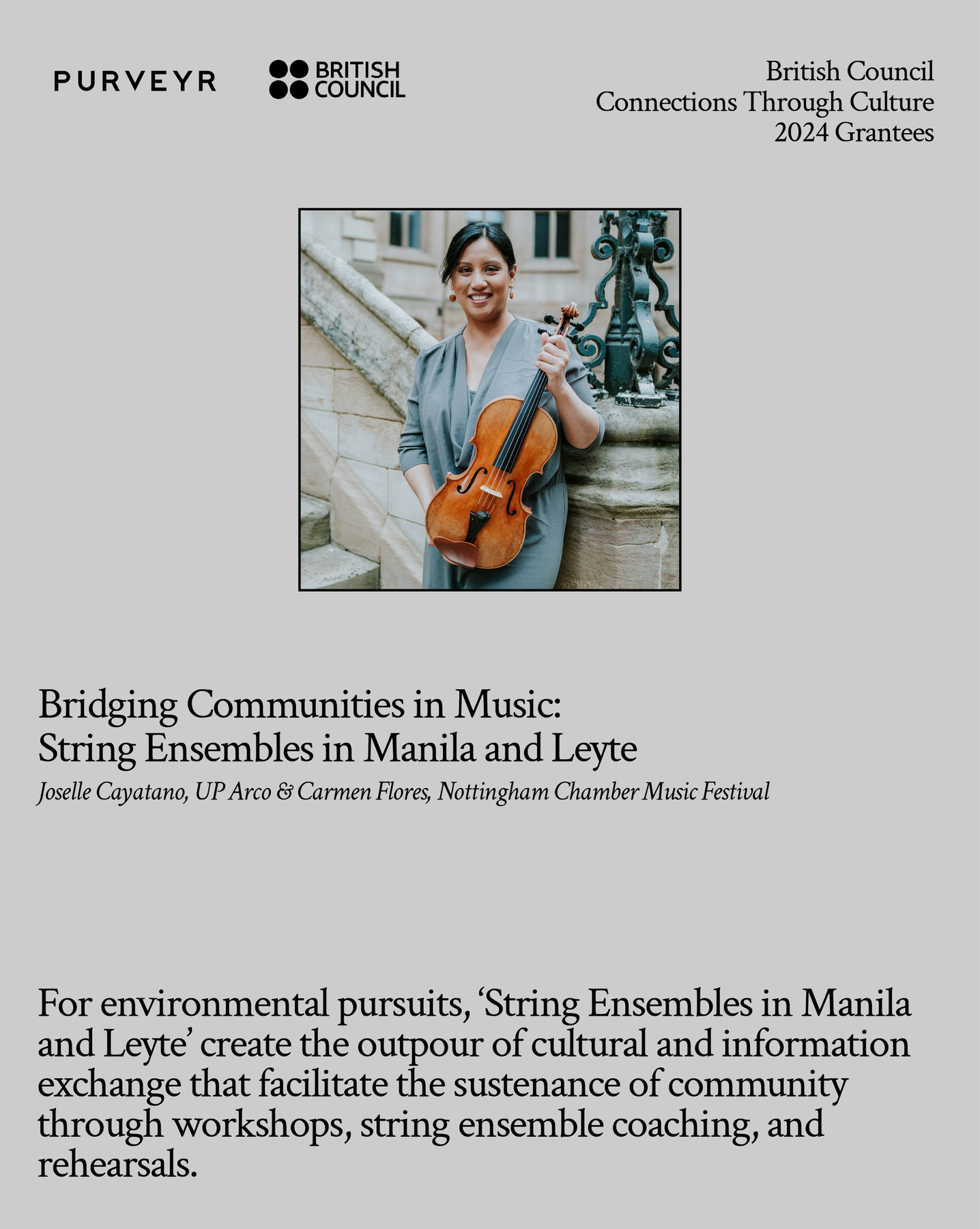
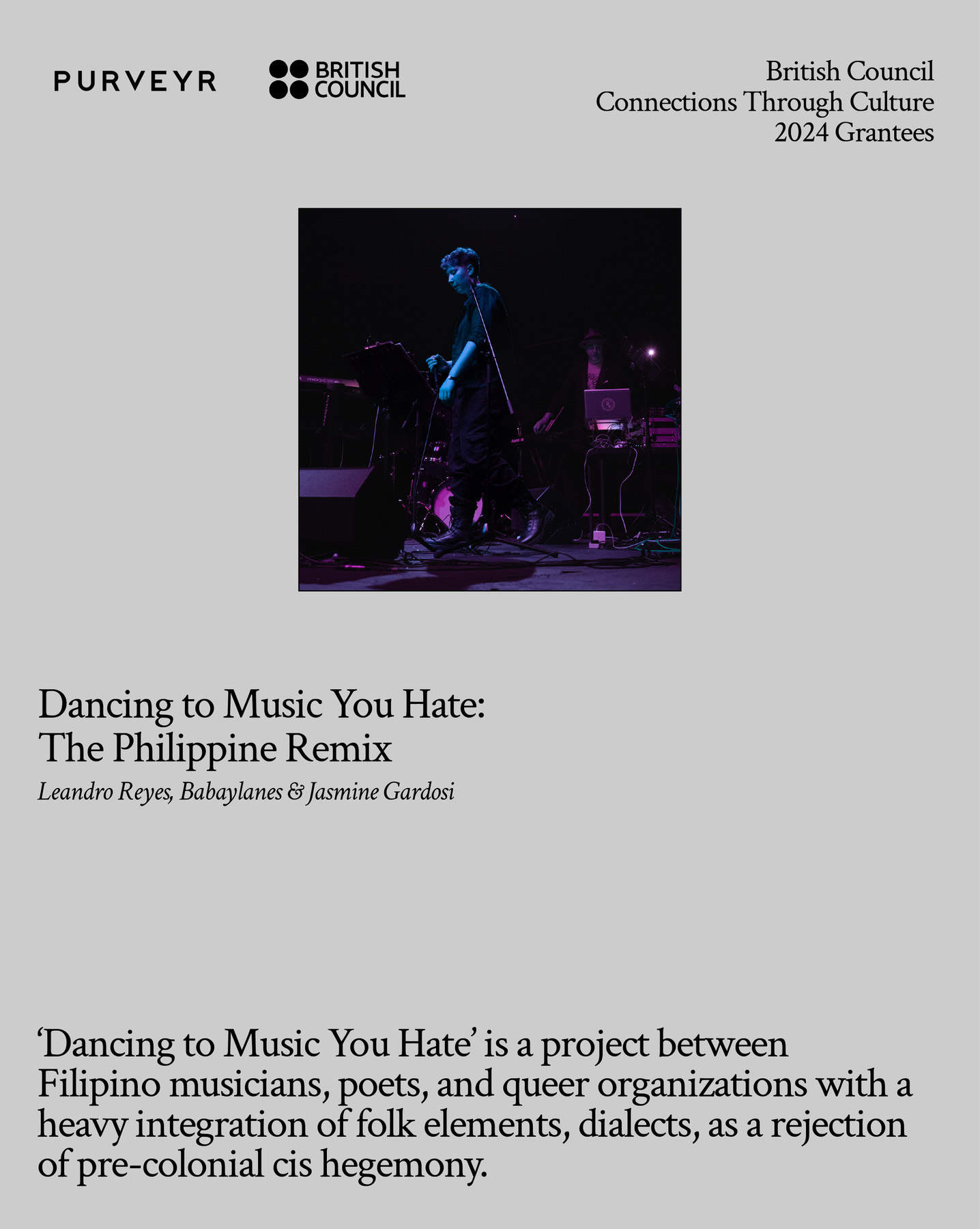
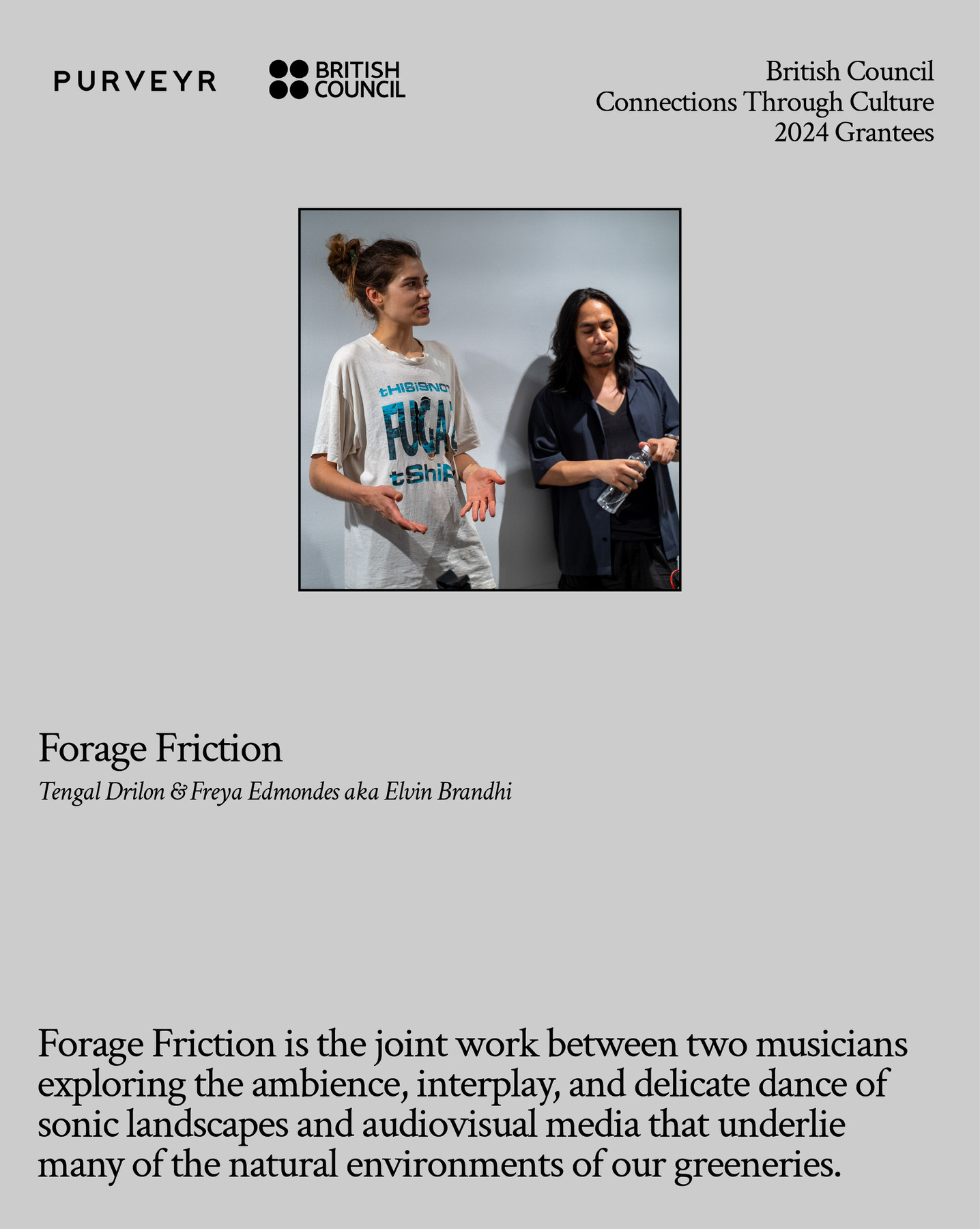
Sound and music
Two of the most powerful senses we can use to connect to our surroundings are music and feeling. Out of the ten projects under Connections through Culture, some opted to harness the power of sound and music.
‘String Ensembles in Manila and Leyte,’ led by Carmen Flores and the Nottingham Chamber Music Festival creates the outpour of cultural and information exchange that facilitate the sustenance of community through workshops, string ensemble coaching, and rehearsals.
‘Dancing to Music You Hate’ created by Jasmine Garosi from the UK and Leandro Retes of Babaylanes is a project between Filipino musicians, poets, and queer organizations with a heavy integration of folk elements, dialects, as a rejection of pre-colonial cis hegemony.
‘Forage Friction’ is the joint work between two musicians, Freya Edmondes aka Elvin Brandhi of the UK and Tengal Drilon from the Philippines, exploring the ambience, interplay, and delicate dance of sonic landscapes and audiovisual media that underlie the natural environments of our greeneries.
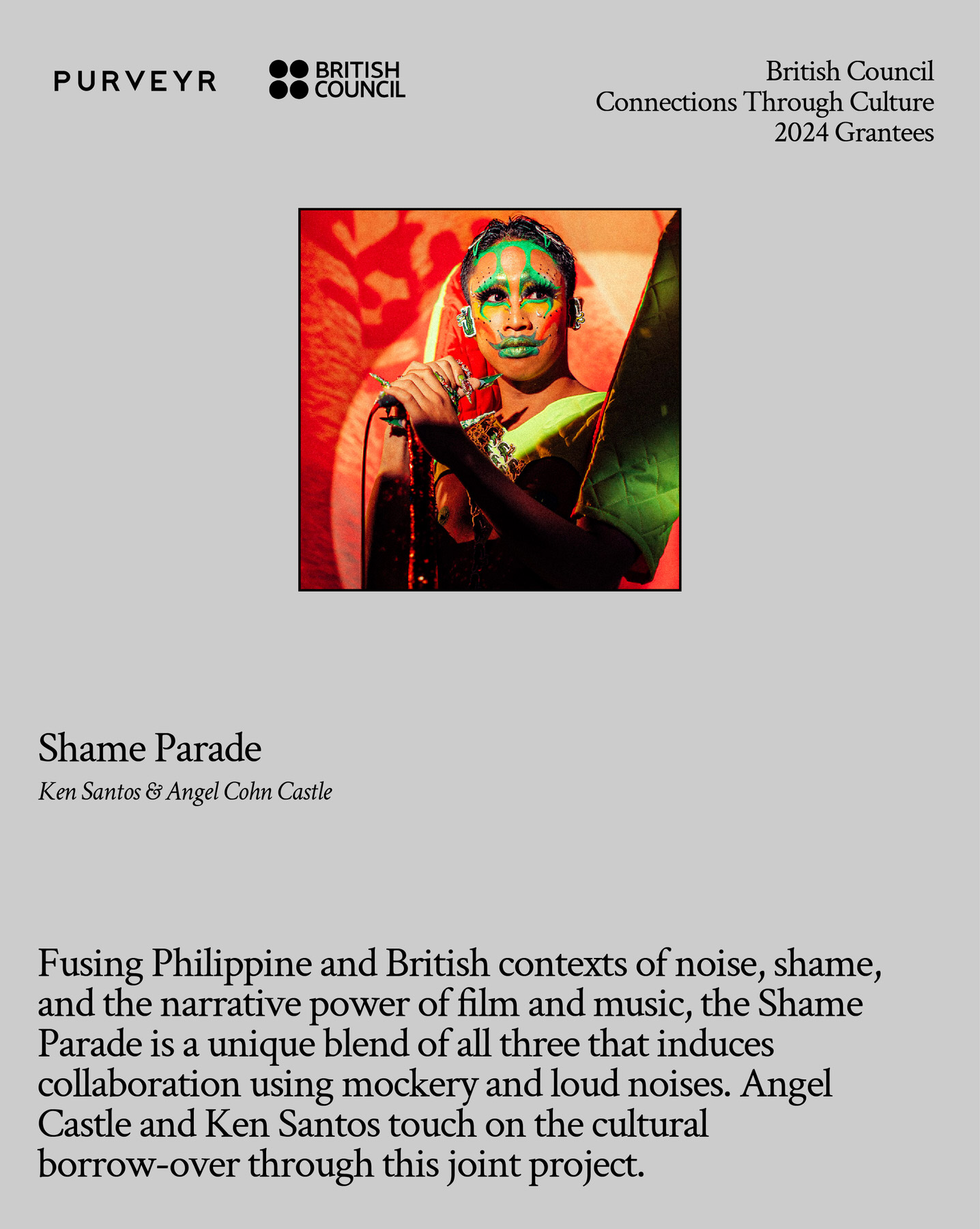
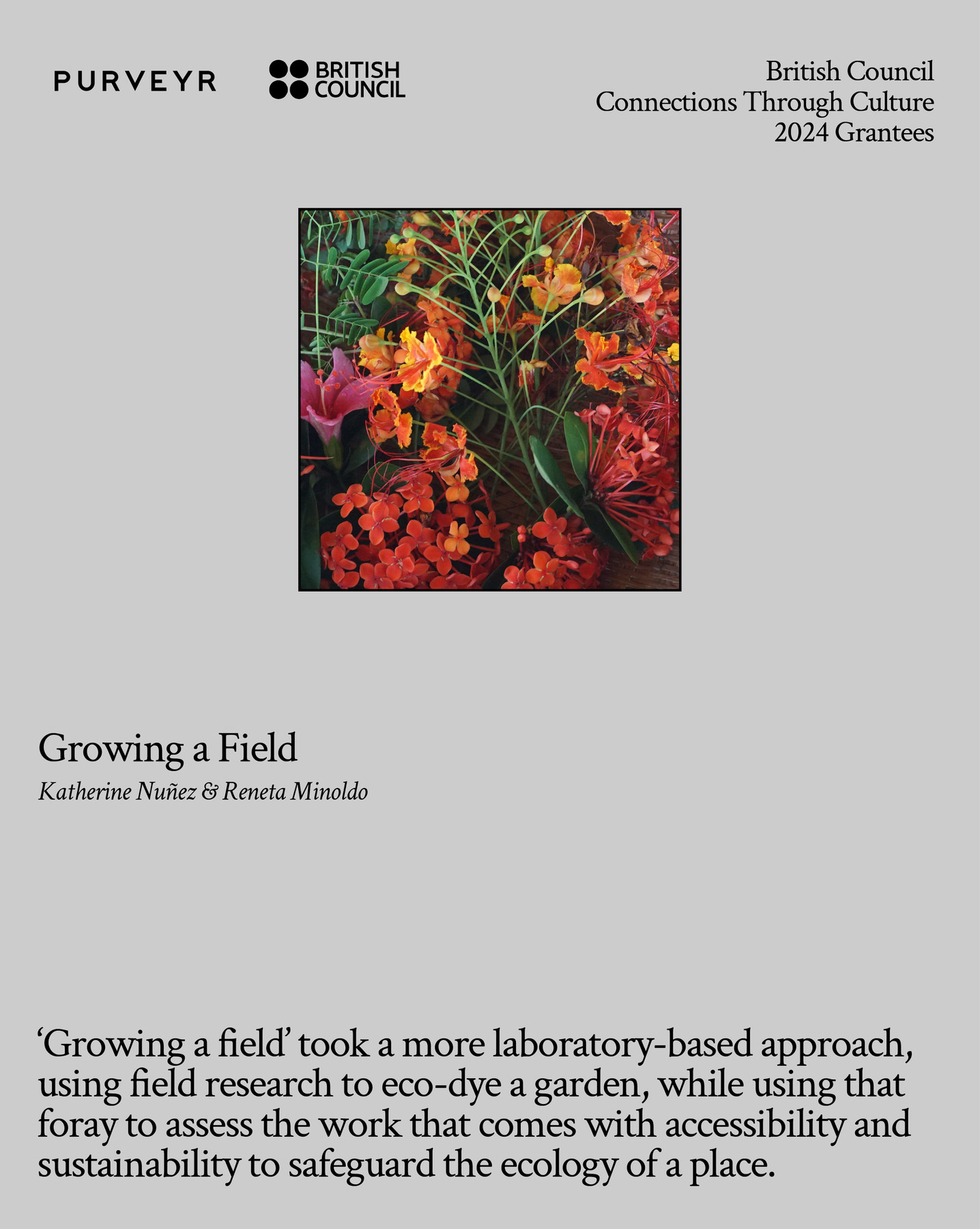
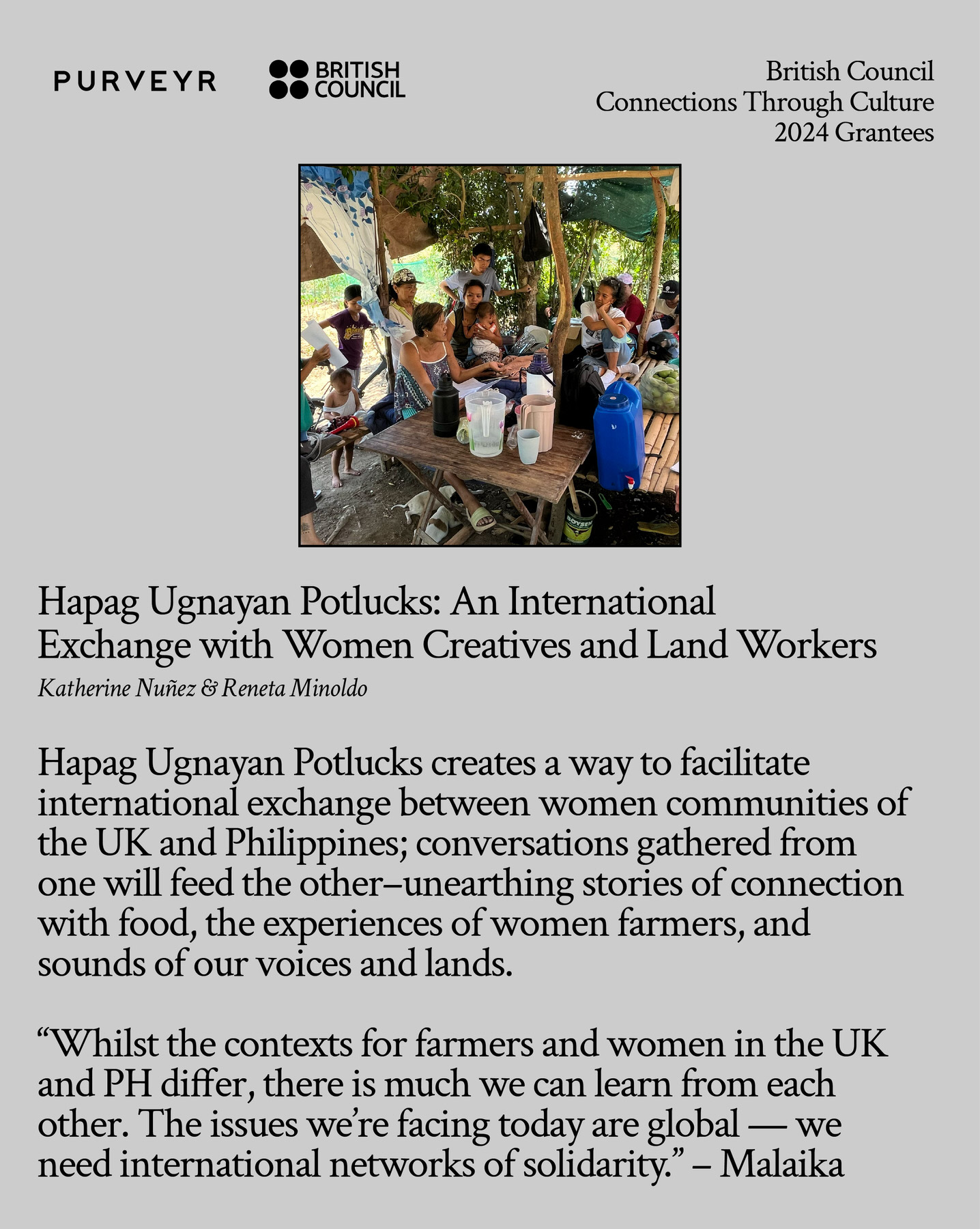
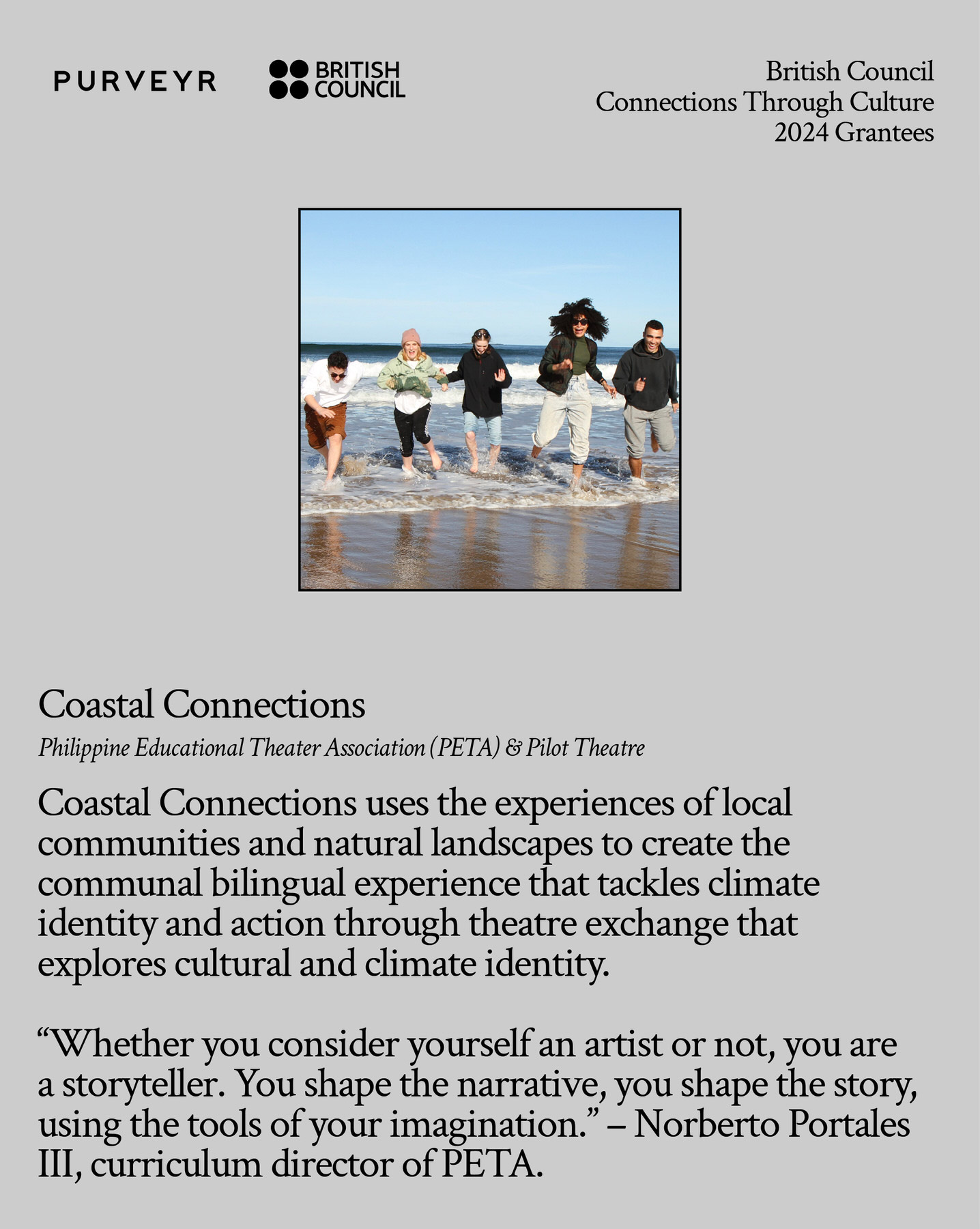
Collaboration, fieldwork, community
Many of the granted projects in Connections through Culture also took on the form of a more live, personal, and fieldwork-oriented experience. Using the hands-on approach of putting voices and bodies in a space, the interactions and in-person encounters themselves serve as cultural and information exchange.
‘The Shame Parade’ is a unique blend of noise, shame, and the narrative power of film. Angel Castle and Ken Santos leveraged this given the prevalence of “charivari” in the Philippines–a unique cultural collision that asks participants to reckon with both Philippine and British contexts of noise and shame.
‘Growing a Field’ takes a more laboratory-based approach, using field research to eco-dye a garden, while using that foray to assess the work that comes with accessibility and sustainability to safeguard the ecology of a place. It is a joint venture of Reneta Minoldo and Katherine Nuñez of the UK and Philippines respectively.
‘Hapag Ugnayan Potlucks’ creates a way to facilitate international exchange between women communities of the UK and Philippines through digital and analog correspondences between the groups, conversations gathered from one will feed the other–unearthing stories of connection with food, the experiences of women farmers, and sounds of our voices and lands. “This project is also an exchange between Filipino and British creatives working in eco-socially engaged arts practice: to share insights, methods, and experiences.” founders Jen Horn and Malaika Cunningham shared.
‘Coastal Connections’ headed by Pilot Theatre and PETA uses experiences of local communities and natural landscapes to create the communal bilingual experience on the theatre exchange, exploring cultural and climate identity. “We’ve started something very interesting and with much potential, and is already halfway to completion; it’s not far from being executed. But where is its reach? Its impact? With the help from the British Council, we’ve been able to proceed as far as we have. But we can do more; it could be more expansive, bigger, reach more young people, and simulate other ways of spreading the message,” the founders shared.
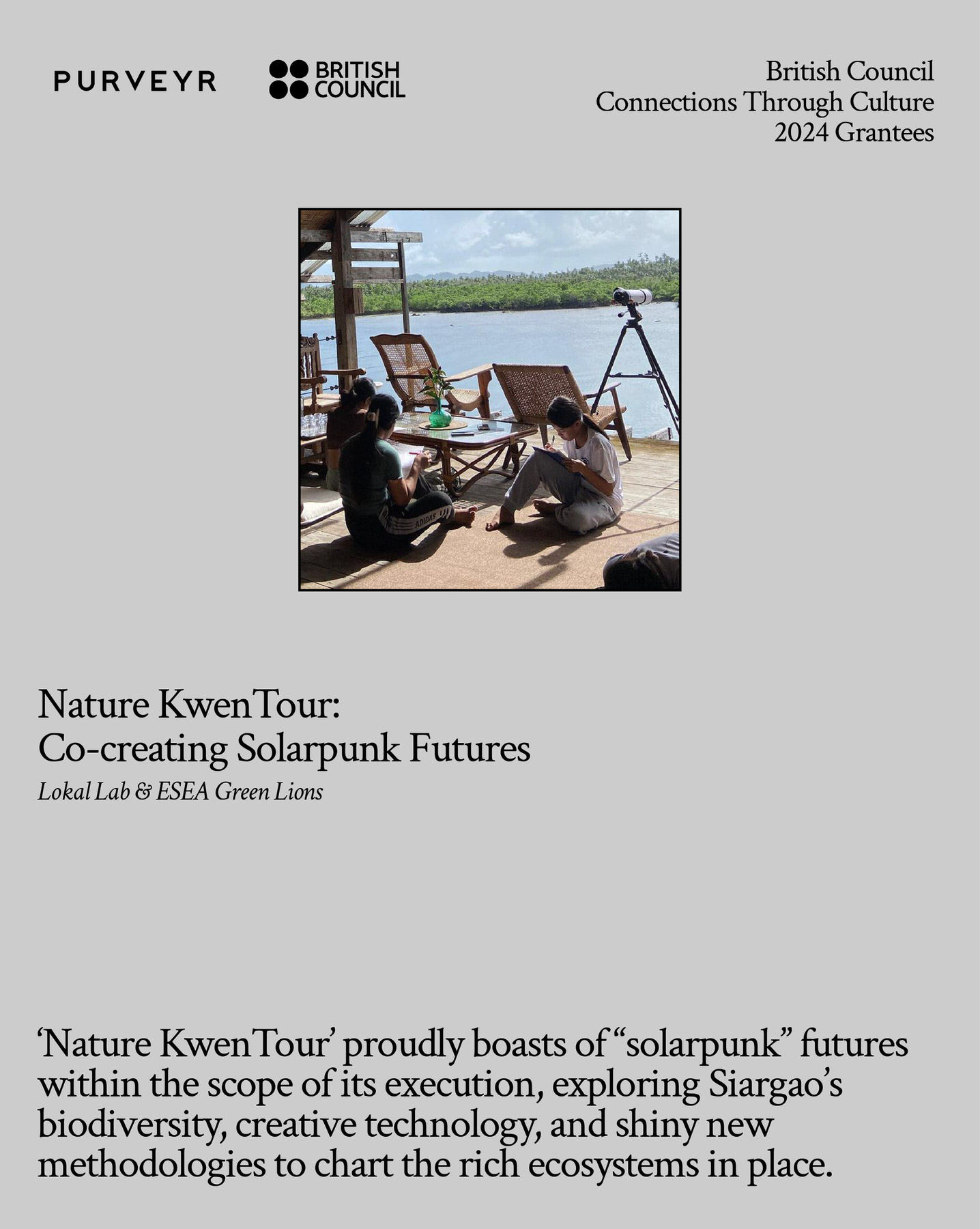
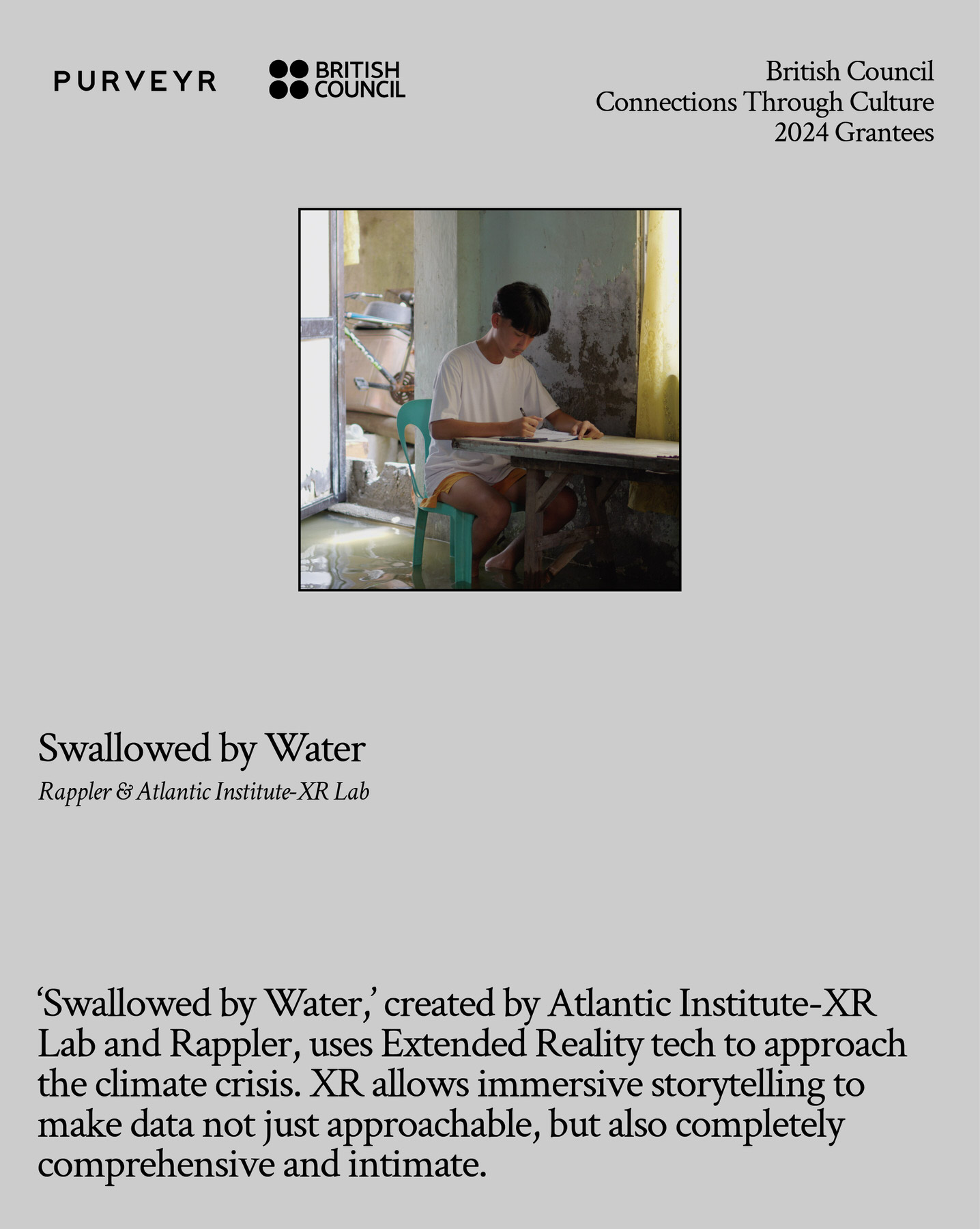
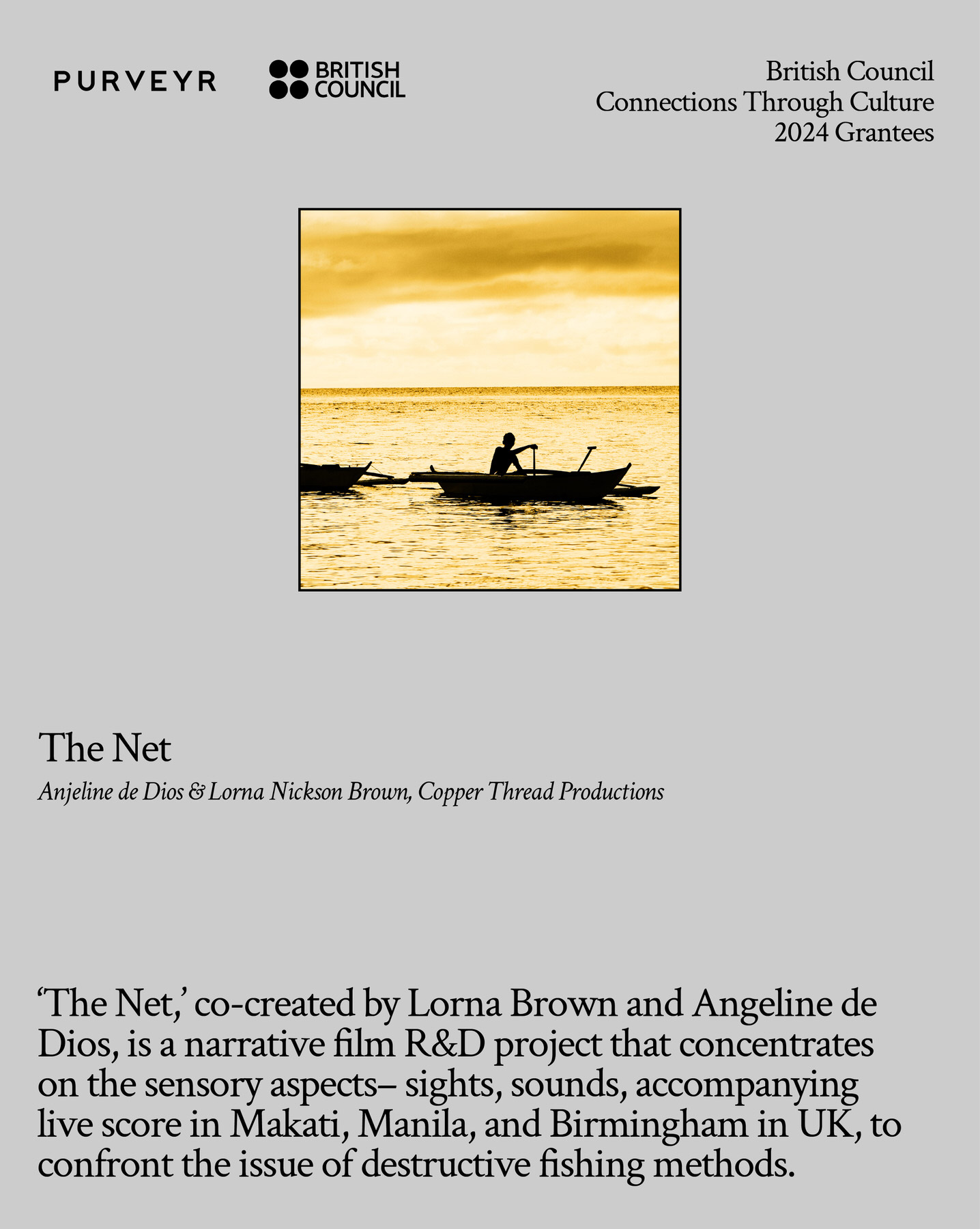
Future tech and optimist technology
The grant has also given way for projects with a more technological and futurist-leaning edge. For things that plague the present and have been persistent omens and warnings of the past, the modern lens often asks for a consideration of techniques of the future to address these. Augmented reality and new instrumentation are just some of the highly optimistic and future-forward ways to research techniques at mapping the issues of today’s environment.
‘Nature KwenTour’ proudly boasts of “solarpunk” futures within the scope of its execution, exploring Siargao’s biodiversity, creative technology, and shiny new methodologies to chart the rich ecosystems in place.
‘Swallowed by Water,’ created by Atlantic Institute-XR Lab and Rappler, uses Extended Reality tech to approach the climate crisis. XR allows immersive storytelling to make data not just approachable, but completely comprehensive and intimate.
‘The Net,’ co-created by Lorna Brown and Angeline de Dios, is a narrative film R&D project that concentrates on the sensory aspects–sights, sounds, accompanying live score in Makati, Manila, and Birmingham in UK, to confront the issue of destructive fishing methods.
The answer to the issues we face is action–but of what regard is always a dynamic conversation. For creatives and artists, those with intricate avenues for the exploration of these concepts, one way to attune to that very real and necessary mindset is through art, collaboration, and cultural information exchange.
See how the world reckons with these changes, how we visualize change in this world, and in what ways we can engage everyone, from participant to patron to audience, into action. Learn more about the British Council in the Philippines Connections through Culture here.
CREDITS
WRITER Jean-Pierre Ditona
EDITOR Tricia Quintero
DESIGNER Marvin Conanan
IN PARTNERSHIP WITH British Council Philippines
SUPPORT PURVEYR
If you like this story and would love to read more like it, we hope you can support us for as low as ₱100. This will help us continue what we do and feature more stories of creative Filipinos. You can subscribe to the fund or send us a tip.

